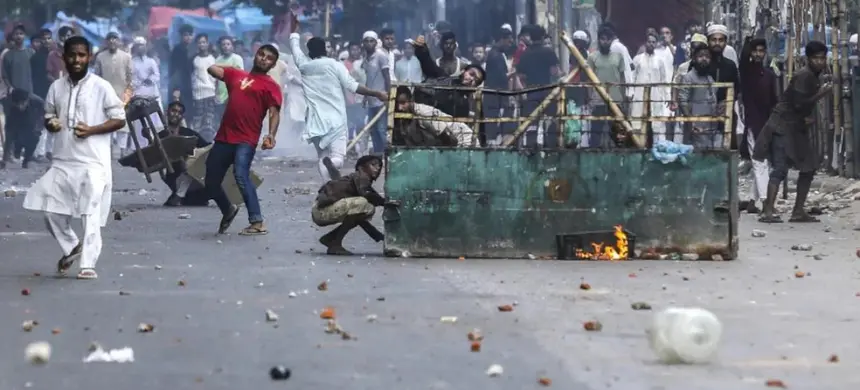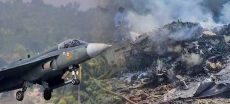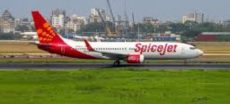On Friday night, the government of Bangladesh imposed a curfew and deployed military forces as the death toll from ongoing student protests rose to 75. The curfew, set to begin at midnight, aims to control the escalating violence, according to officials. Earlier that day, at least 30 protesters were killed in fierce clashes with security forces, bringing the total number of deaths over the past three days to 75. The protests oppose the 56% quota system in public jobs, which reserves positions for various groups, including the descendants of those who participated in Bangladesh’s 1971 War of Liberation.
Police sources informed Anadolu Agency in Dhaka that the majority of fatalities occurred in the capital, the epicenter of the unrest. The nationwide protests have also resulted in over 2,000 injuries, with demonstrators refusing to vacate college and university campuses despite government orders to close educational institutions. To quell the unrest, the government has enforced a communications blackout, cutting off mobile and broadband internet services to hinder the coordination of protest activities and the spread of information.
Read More: Pakistan dispatches fire brigade to Afghanistan to combat blaze at Wesh market
The controversial quota system, allocating 30% of public job positions to the descendants of those who fought in the 1971 liberation war, along with reservations for women, ethnic minorities, and other groups, has long been a point of contention. Recent protests have dramatically escalated in violence. In response, the government announced plans to appeal to the Supreme Court on Sunday, seeking to reduce the quota from 56% to 20%. This move aims to address the grievances of the student protesters and restore order in the country.











